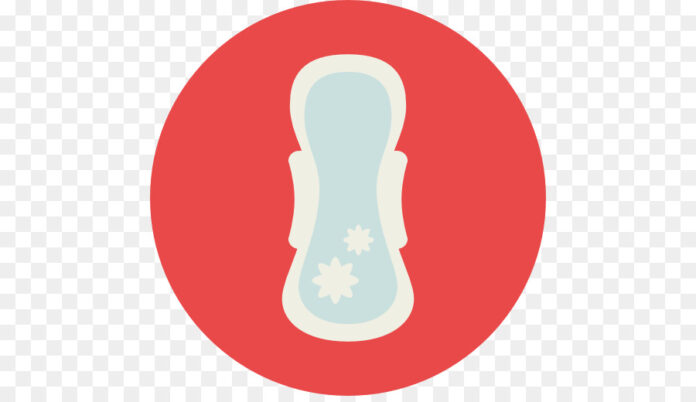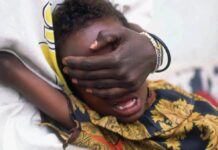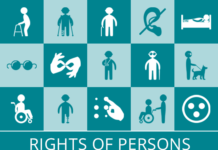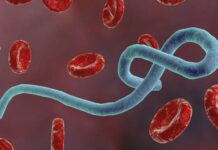The Minister of Women Affairs, Dame Pauline Tallen, has said over 37 million Nigerian adolescent girls and women of reproductive age, suffer ‘period poverty’, a situation where women and young girls lack access to sanitary products due to financial constraints.

The Minister disclosed this at a Joint Press Briefing by the Federal Ministry of Women Affairs and the Federal Capital Territory Administration held at the FMWA’s headquarters, Abuja with the theme “It’s time for Action”.
READ ALSO: Good news for the girls on Female Genital Mutilation
She noted that an increase in the importation tariff will affect consumers’ price and purchasing ability, which she said will be detrimental to women and girls, knowing that it is an essential commodity.
“We will also use this opportunity to highlight to the appropriate authorities, the danger the proposed National Diaper and Sanitary Pads Policy, which increases the import tariff on Diapers and Sanitary pads from 20 percent to 55 percent poses on Menstrual Hygiene Management.
“This Policy will no doubt affect the availability, affordability and acceptability of sanitary pads in the country. This will further negate the successes so far recorded by this Ministry in this regard.”
She maintained that, “This high cost of menstrual products which will in the long run be borne by women and girls will definitely affect school girls across Nigeria, thereby creating a ‘Period Poverty,’ a situation where women and young girls lack access to sanitary products due to financial constraints.
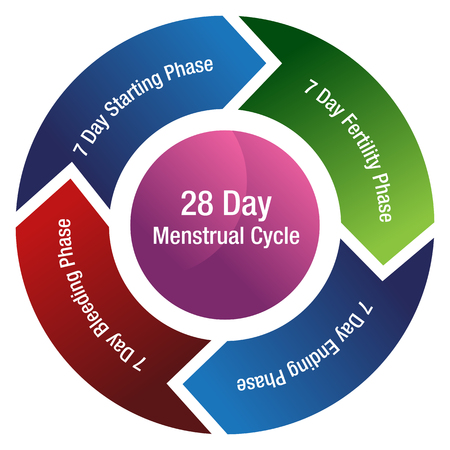
Tallen added that to ensure girls and women do not feel limited by their periods, sensitisation programs and an increased education on menstrual hygiene should be a continuous agenda for all individuals and groups.
Recalled that World Health Organization (WHO) pointed out that, “achieving the right to health is both central to, and dependent upon, the realization of other human rights, to food, housing, work, education, information, and participation.” No one can fully enjoy their rights if they do not have health.
World Menstrual Hygiene Day, is celebrated on June 3 every year.

